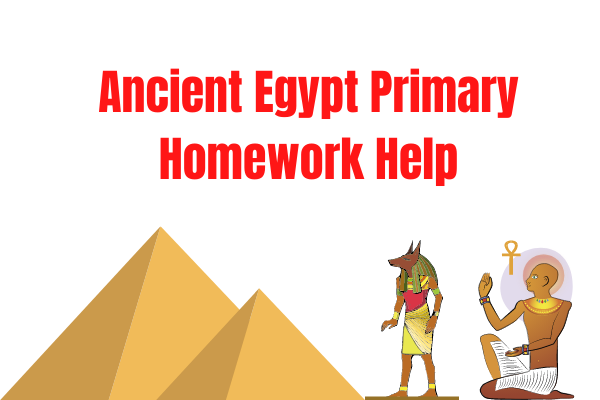Introduction- Greek of Mythology
Mythology of Greek, the structure of stories concerning the heroes, gods and some rituals of the ancient greek. In the myths that contained a considerable imagination element that was recognized by the more critical Greeks, like the philosophers Plato in the 5th – 4th century BLE. In general the popular prity of Greeks, the myths were developed by the eras and stages of civilization that explain the working and existence of natural phenomena. The myths of the Greek have remained unrivaled in the Western world as a source of appealing and imaginative ideas poets and artists from ancient times have discovered contemporary significance and relevance in classical and have derived inspiration from greek mythology. The 5th century BCE, Hesiod gave to olympian gods their familiar characteristics and Greek historian Herodotus remarked that honour. Few today accept this literally. In both cases, the audience is expected to have knowledge of the myths that preceded their literacy rendering. Little is known to suggest that the Greeks treated honour, or any other source of Greek myths. The fullest and most important source of myths about the origin of the gods is the Theogony of Hesiod. The work and days shares some of these in the context of a farmer’s calendar and an extensive harangue on the subject of justice addressed to Hesiod’s possibly fictitious brother Perses. The elaborate genealogies mentioned above are accompanied by folktales and etiological myths. The works and days give advice on the best way to succeed in a dangerous world, and Hesiod.
12 Greek Gods and Goddesses
- Zeus – The king of all the Gods
- Poseidon – God of the sea
- Hermes – God of travel,hospitality and trade. Personal messenger of Zeus.
- Hera – The queen of the gods and goddess of women and marriage
- Hades – God of the underworld
- Dionysus – God of wine, pleasure and festivity
- Demeter – Goddess of agriculture and grain
- Apollo – God of prophecy, music and poetry and knowledge
- Ares – God of war
- Artemis – Goddess of hunting, animals and childbirth
- Athena – Goddess of wisdom and defense
- Aphrodite – Goddess of beauty and love
Creatures and Monsters from Greek Mythology
In the ancient Greeks, they were having monsters to fight, that’s what. Luckily for the heroes, they had the strongest, coolest, most terrifying creatures and monsters mythology had to offer ranging from dragons, giants and ghosts to multi-formed creatures such as the Sphinx, Minotaur, Centaurs, Manticores and Chimaera.
- Orthrus – A fearsome two-headed hound that lived with giants.
- Sphinx – A half human, half lion who would stay with anybody who did not answer her riddles.
- Nemean Lion – A gigantic lion with impenetrable skin.
- Cerberus – Three headed dog was a well-known monster that guarded the entrance to hades.
- Lados – A helical dragon that guarded the golden apples.
- Lernean Hydra – An ancient viper-like water monster with reptilian character.
- Caucasian Eagle – An eagle that every day etc the liver of Prometheus.
- Chimera – A monstrous fire-breathing cross breed creature.
Greek has been spoken in the Balkan peninsula since around the 3rd millennium BC, or possibly earlier. The earliest written evidence is a Linear B clay tablet found in Massenia that dates to between 1450 and 1350 BC, making Greek the world’s oldest recorded living language. Among the Indo-European languages, its date of earliest written attestation is matched only by the now-extinct Anatolian languages.









